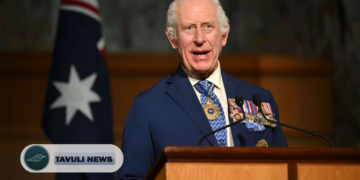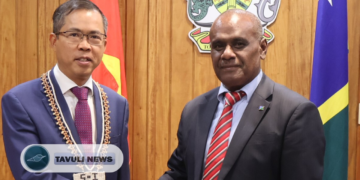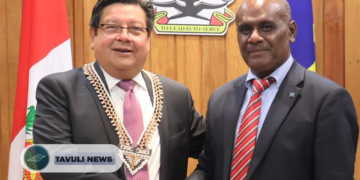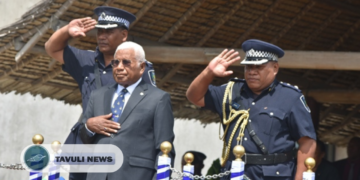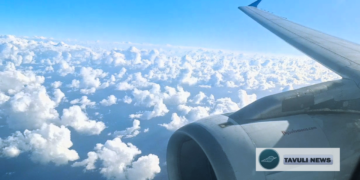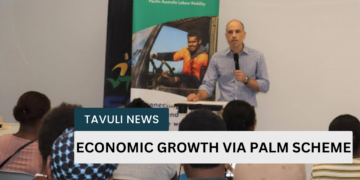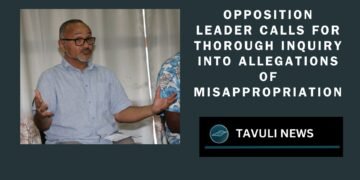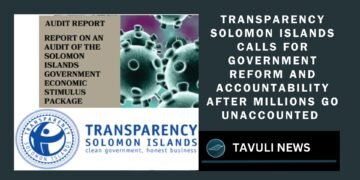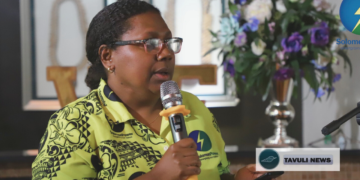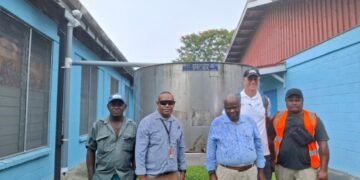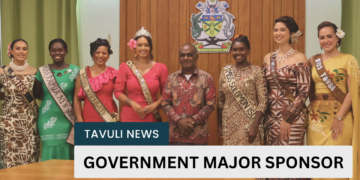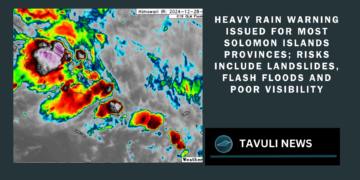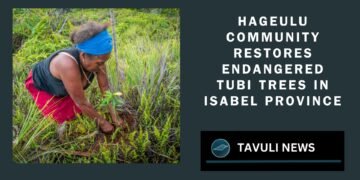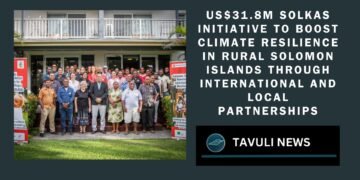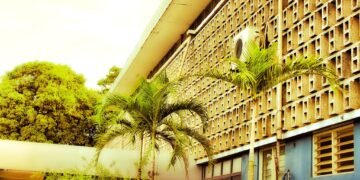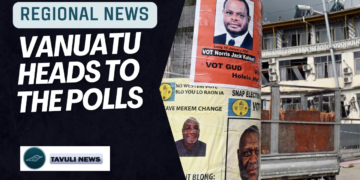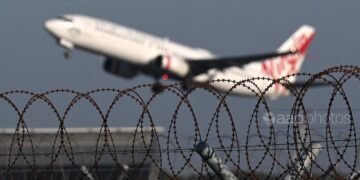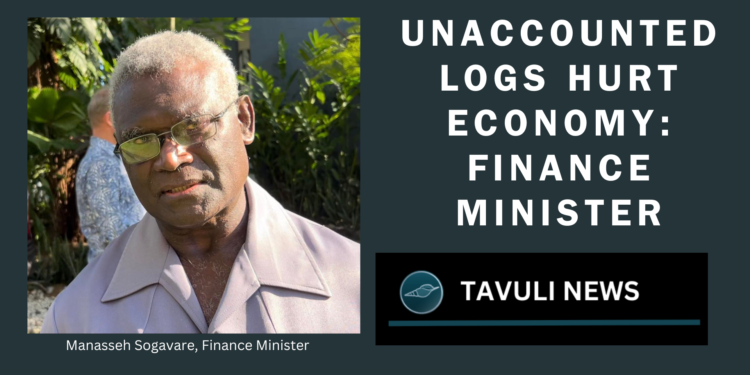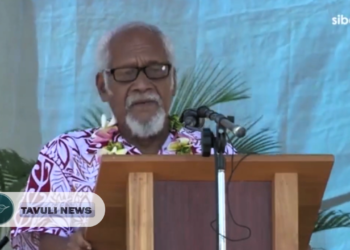Solomon Islands Faces Economic Crisis Due to Mismanagement; Sogavare Criticizes Forestry Sector, Warns of Revenue Loss from Unaccounted Logs and Tax Exemptions
The Solomon Islands is struggling with its economy, exacerbated by political mismanagement and corruption. Finance Minister Manasseh Sogavare, who served as Prime Minister in the last parliament, has expressed profound disappointment with the forestry sector, spotlighting significant issues of unaccounted revenue from logging activities. Sogavare says the Forestry Ministry failed to address the issue, pointing out that logs leaving the Solomon Islands’ shores are frequently untracked, leading to substantial financial losses.
“Loggers are laughing to the bank while our economy suffers from unaccounted revenue,” Sogavare told parliament on Tuesday.
He urged the Forestry Minister to take immediate action to address these discrepancies and ensure proper tracking and accountability.
The logging sector plays a vital role in the country’s economy, contributing significantly to export earnings and government revenue. It has historically been a key driver of economic growth, providing employment opportunities and supporting development initiatives.
Exemptions Draining Public Funds
From January to April 2024, the Inland Revenue and Customs Departments granted exemptions totaling $83.6 million. Sogavare emphasized that these funds could have been allocated to critical infrastructure projects, such as road repairs. He detailed the breakdown of these exemptions: $9.4 million in statutory exemptions, which he has no authority over and a staggering $70.2 million in discretionary exemptions, $8.6 million of which were allocated to members of parliament.
Sogavare issued a stark warning that if this trend continues, discretionary exemptions could cost the government over $222.6 million by the end of 2024. This potential loss poses a significant threat to the nation’s economic stability and development prospects.
Speaking in parliament on Tuesday, Member of Parliament for Central Honiara, Gordon Darcy Lilo commended Sogavare for this iniative and questioned why the former Finance Minister did not raise these issues in the last parliament. “The growth of the economy takes time”, Lilo said.
Central Bank’s Financial Stability Report
In a recent press release, the Central Bank of Solomon Islands (CBSI) provided an analysis of the country’s financial stability for the second half of 2023. Despite facing significant global challenges such as inflationary pressure, ongoing geopolitical tensions and climate change threats, the CBSI noted the resilience of the country’s financial system. This stability is largely attributed to the robustness of commercial banks and other licensed financial institutions (FIs), coupled with proactive measures by households and businesses to address both internal and external challenges.
Strong capital buffers, high liquidity and robust governance systems within commercial banks and other FIs have reinforced the financial system’s resilience. However, the report also highlighted several challenges, including credit, cybersecurity, liquidity, operational, governance, investment, strategic and insurance risks. Fiscal delays in settling creditors and slow court processes have exacerbated credit risk, potentially leading to a build-up of toxic assets if not addressed promptly.
Collaborative Efforts to Tackle Revenue Issues
In a bid to address financial challenges, Sogavare announced plans to work closely with the Deputy Prime Minister, who also serves as the Mines and Energy Minister, to address revenue-related issues within the mining sector. He also called on the new Forestry Minister to address the issue of unaccounted logs and said that he will also work closely with the Ministry to address the ‘so-called’ revenue leakages. He said this collaborative approach aims to ensure that the country can harness its natural resources effectively and transparently, providing much-needed revenue for national development.
A Call for Comprehensive Reform
The economic challenges facing the Solomon Islands emphasised the urgent need for comprehensive reform and greater accountability within the government. The Central Bank’s report calls for enhanced transparency and improved governance across all sectors. The Government for National Unity and Transformation (GNUT) launched its100 days program and policy statement today in partnership with the Solomon Islands Chamber of Commerce and Industry. Prime Minister Jeremiah Manele has said top of the agenda are issues relating to the country’s economy.




